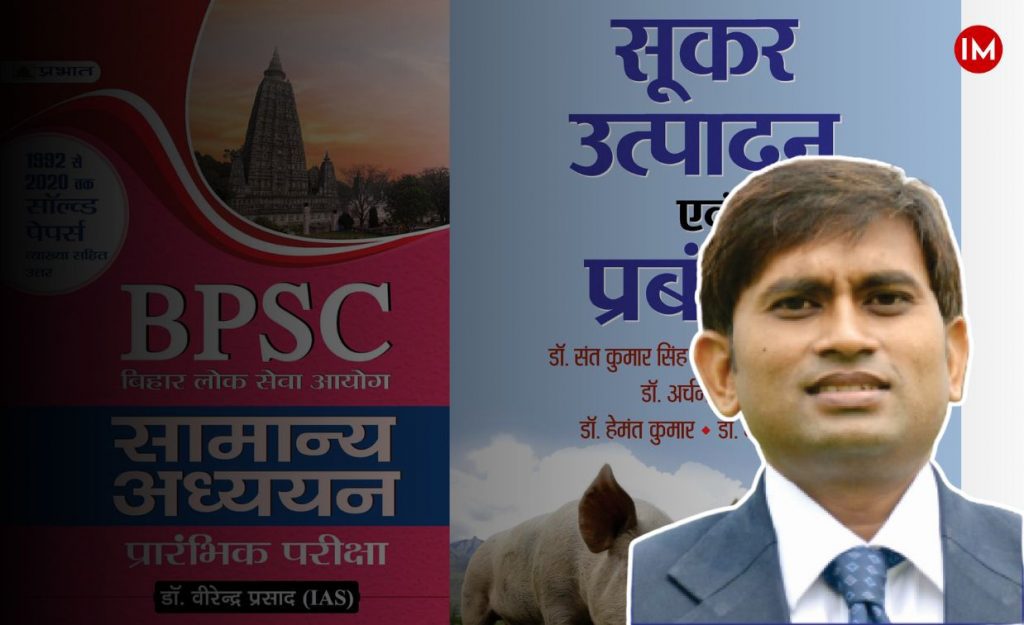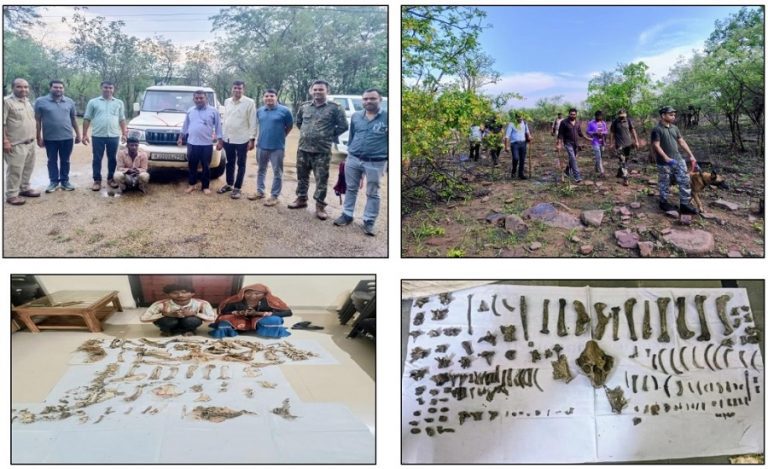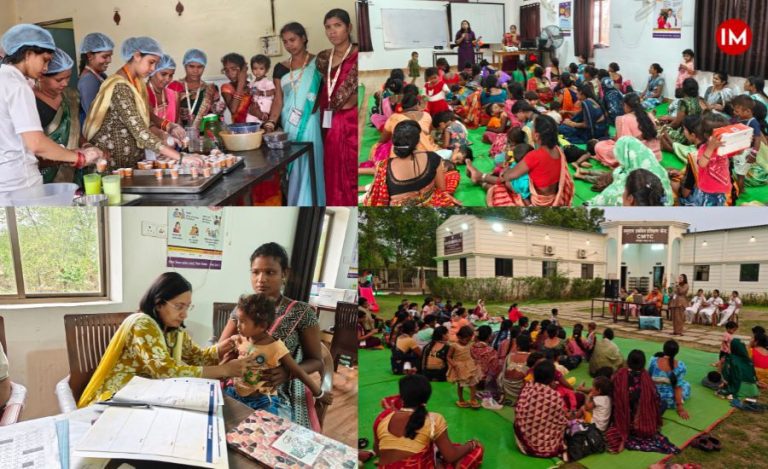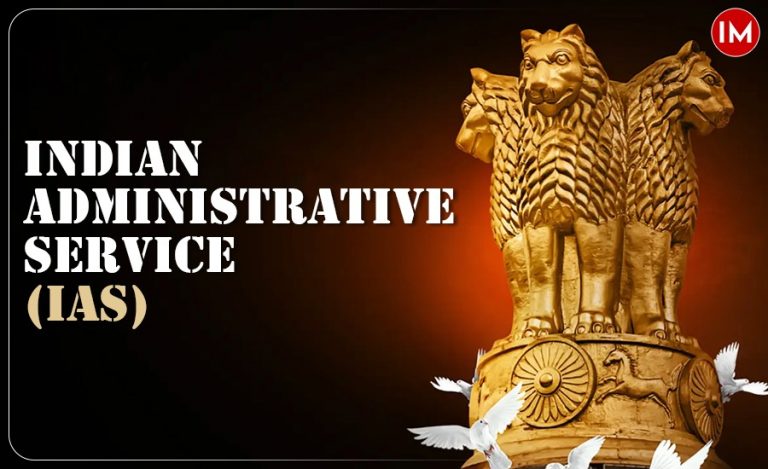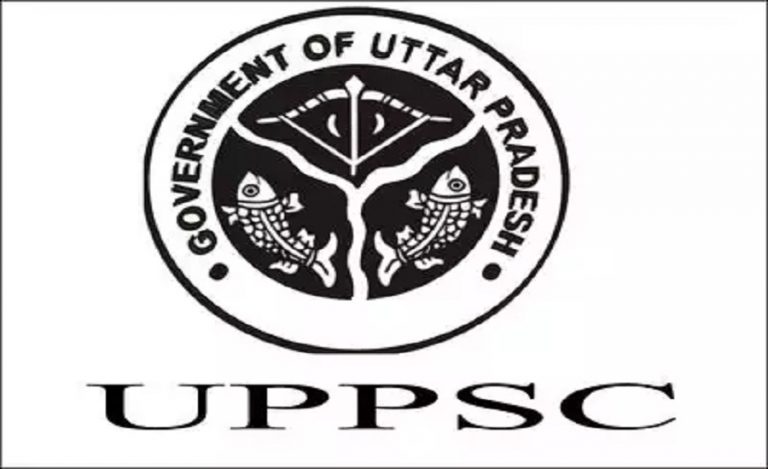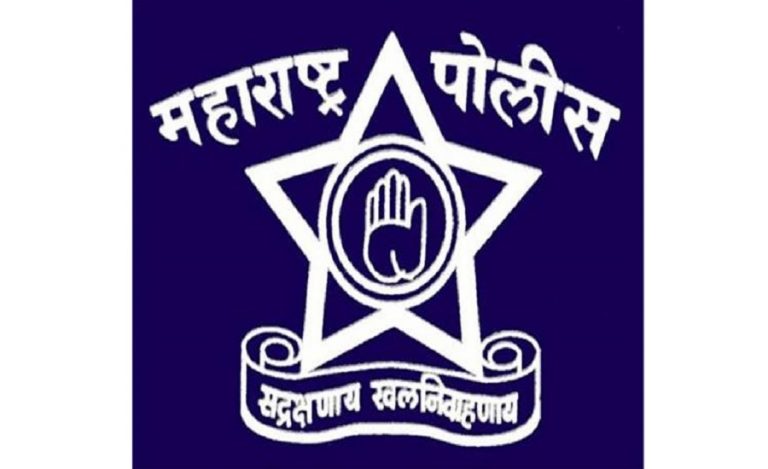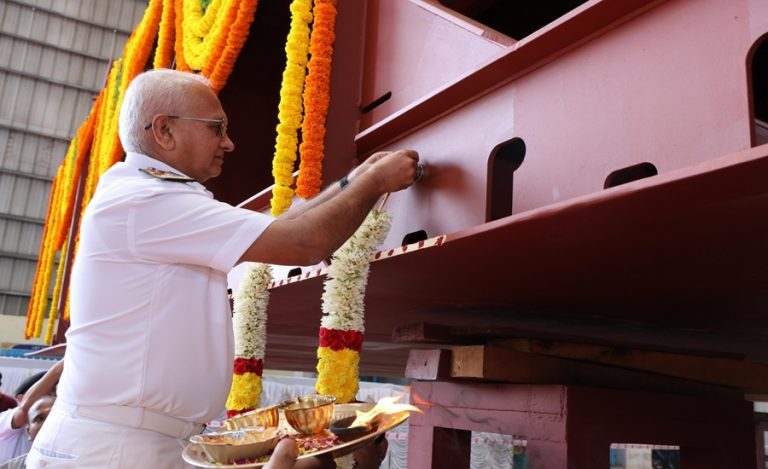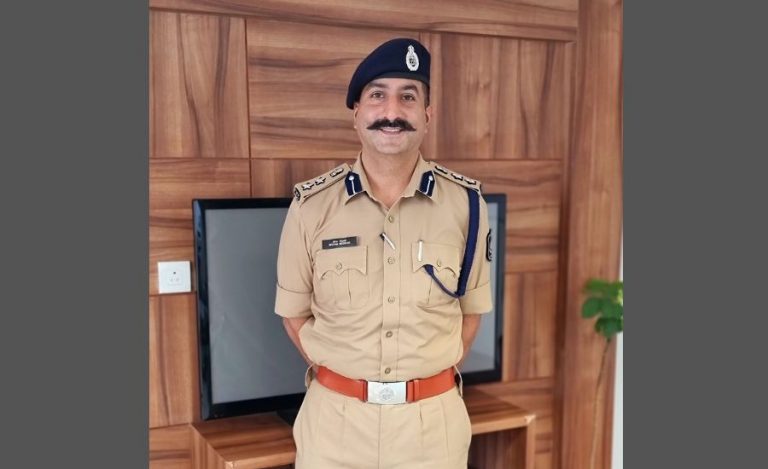In the world of public administration, efficiency and discipline are often seen as the defining traits of a successful officer. Yet, some individuals bring more to the role than procedure and protocol. Dr. Birendra Prasad, an IAS officer from the 2004 batch, Bihar cadre is one such example. Known for his administrative competence, he has also carved a space for himself in the world of writing—using his pen not only to reflect but also to raise important questions about the society he serves.
Dr. Prasad’s dual identity—administrator and writer—is not merely incidental. It is deliberate and deeply interlinked. Over the years, as he navigated complex governance challenges across sectors such as education, health, and rural development, his experiences began to take shape in the form of written expression. For him, writing is not a diversion from his official duties but a continuation of them. It is another way of serving the public—by engaging in honest, thoughtful discourse on issues that deserve more attention.
WRITING THAT REFLECTS REAL-WORLD EXPERIENCE
What makes his writing stand out is its rootedness in real experience. It is not theoretical or distant. He writes with clarity and with a sense of responsibility. His insights come not just from observation but from being actively involved in the very systems and structures he writes about. Through this, he has cultivated a form of expression that informs, provokes thought, and often initiates deeper dialogue.
Throughout his career, Dr. Prasad has remained deeply engaged in the field of writing. He sees the act of writing not just as creative work but as a medium of social contribution. His writings carry a sense of urgency, but not drama. His tone is reflective, often offering a deeper look at the human side of administration. Whether it’s a policy that fails to reach the last mile or a program that quietly transforms lives in a village, his narratives bring attention to both challenges and efforts that rarely find space in popular conversations.
Some of his books are Bharat Ki Rajvyavastha for Union and State Public Service Commissions (UPSC) Examinations, Bihar Lok Seva Aayog Samanya Adhyayan Prarambhi Pariksha and others.
GOVERNANCE WITH EMPATHY
His sensitivity is particularly visible in the themes he chooses. Much of his writing focuses on human concerns—issues that impact people directly but are often overlooked in the policy space. He writes about gaps in service delivery, the need for empathetic governance, and the importance of listening to local voices. His words are thoughtful, never rhetorical, and are shaped by a deep sense of duty towards people, especially those at the margins.
Education and training have also played an important role in shaping his voice. After clearing the Civil Services Examination in 2004, Dr. Prasad underwent rigorous training that prepared him for a wide range of roles within the administrative system. However, it was his field experience—his direct interactions with communities and institutions—that helped develop the observational and reflective strength now visible in his writing.
A THOUGHTFUL PRESENCE IN PUBLIC SERVICE
In his administrative roles, Dr. Prasad has spearheaded several initiatives that brought real change on the ground. From reforming local education systems to improving healthcare infrastructure and supporting rural development, his work is grounded in both vision and practical execution. What distinguishes him, though, is his ability to reflect on these actions, document their outcomes, and openly discuss what worked—and what didn’t.
It is this transparency and openness that defines his impact. He doesn’t write to glorify administrative achievements. He writes to document, to critique, and to propose. His goal is not to add to his resume, but to contribute meaningfully to the discourse on governance and public service.
At a time when public administrators are often seen as distant from the everyday concerns of citizens, Dr. Prasad offers an alternative. His career shows that governance can be both structured and humane. His writing proves that those who work within the system can also question it, improve it, and keep the conversation alive. Dr. Birendra Prasad continues to serve in both capacities—with the precision of an administrator and the sensitivity of a writer.

